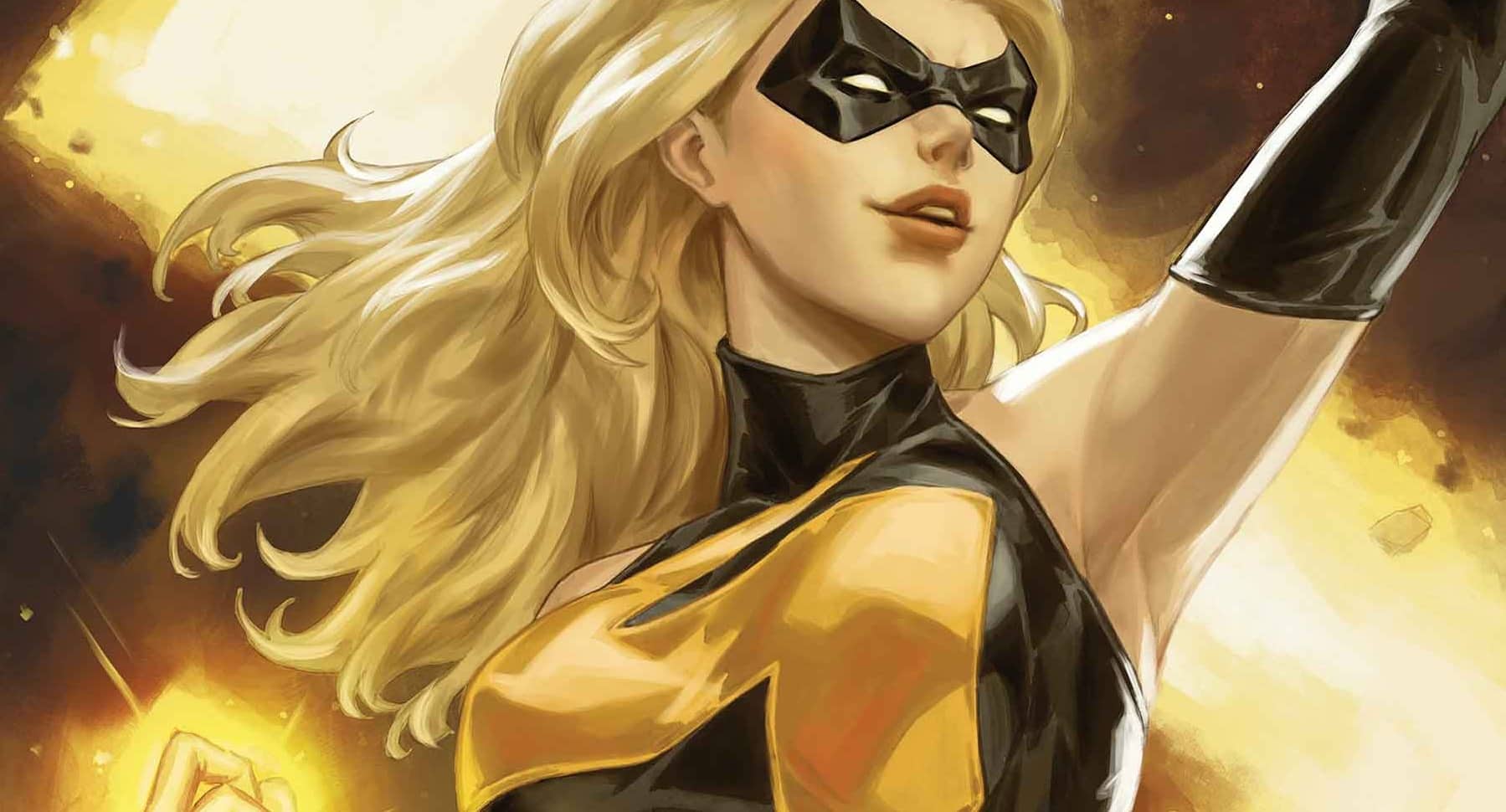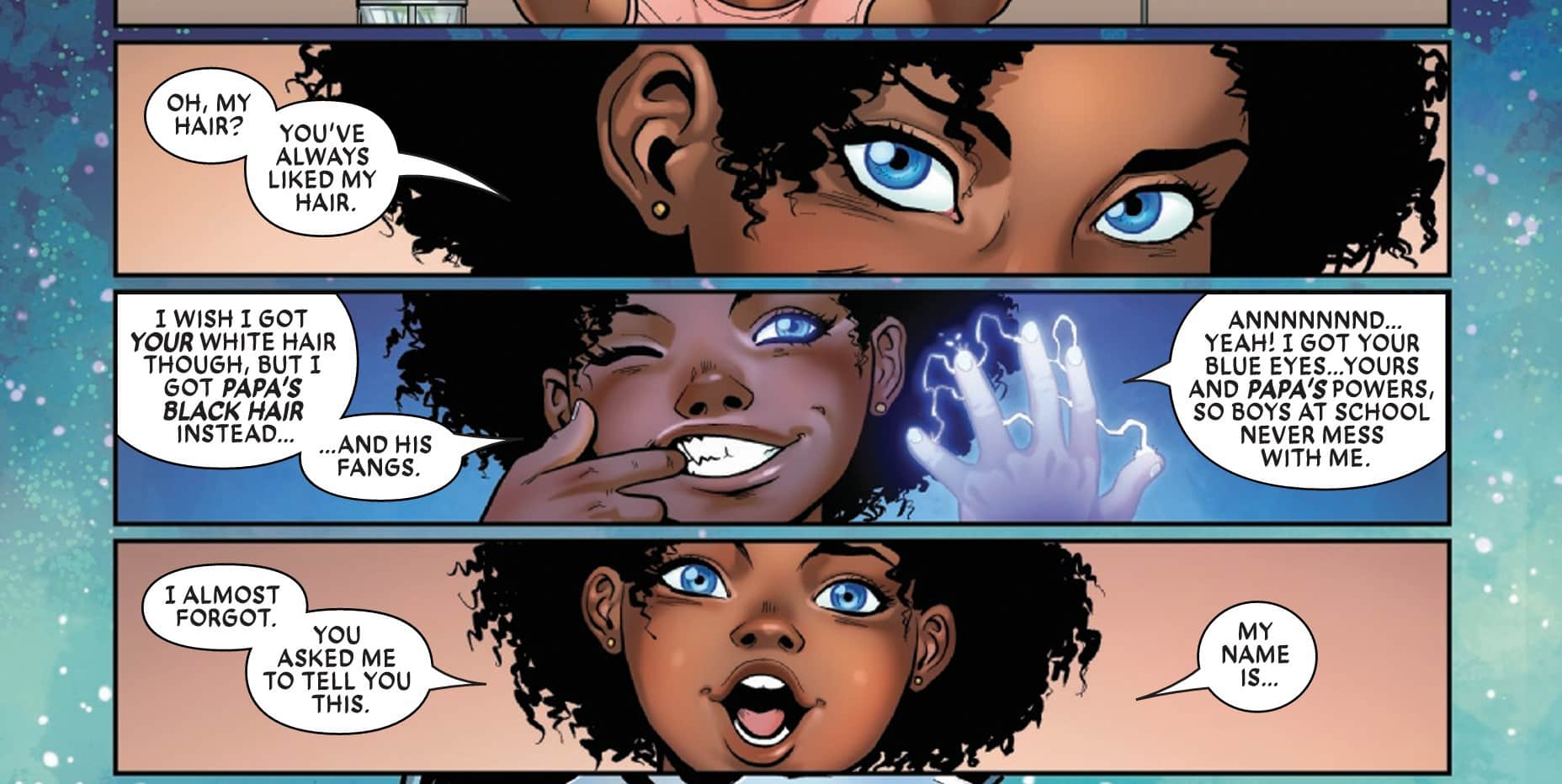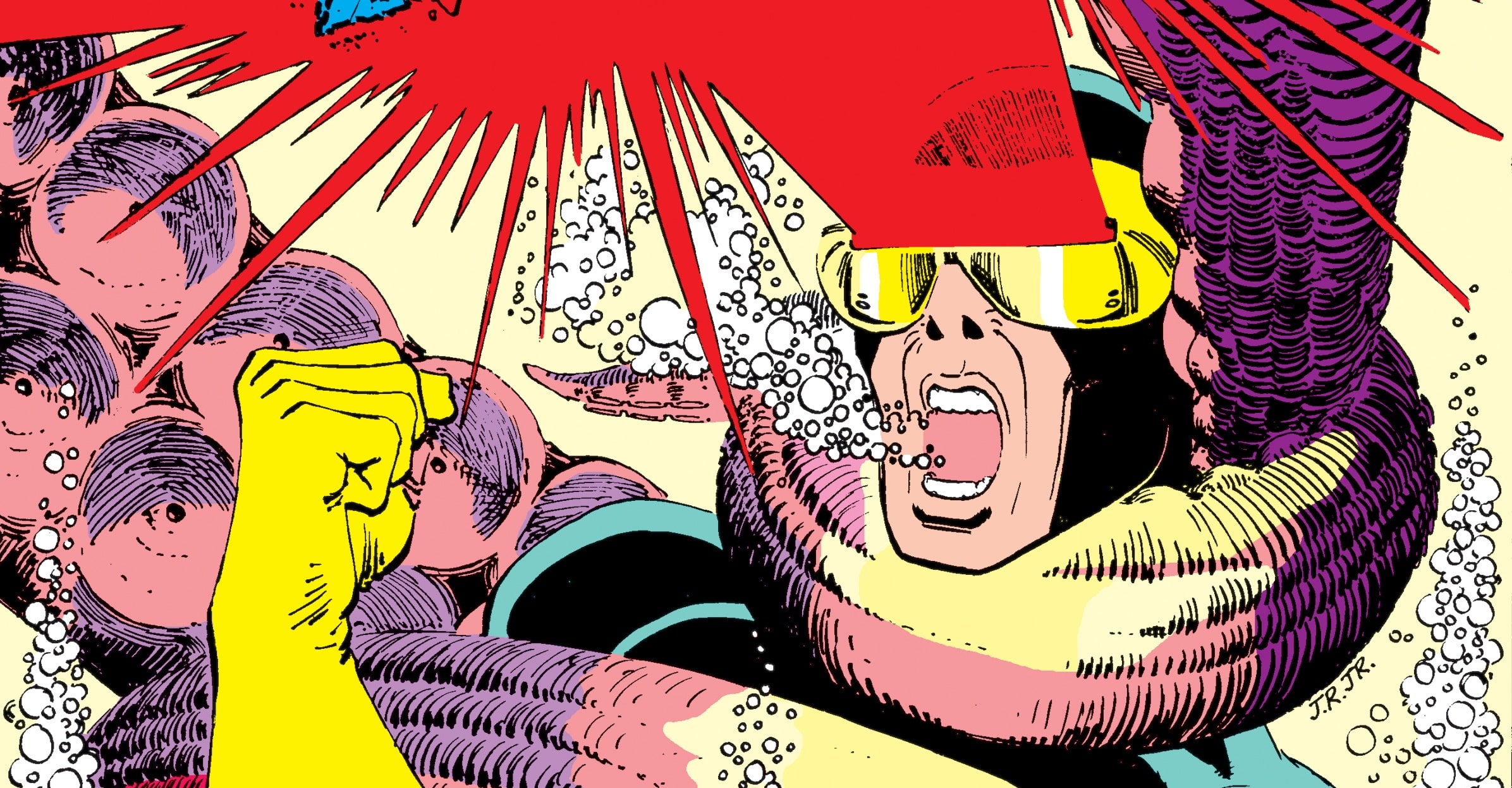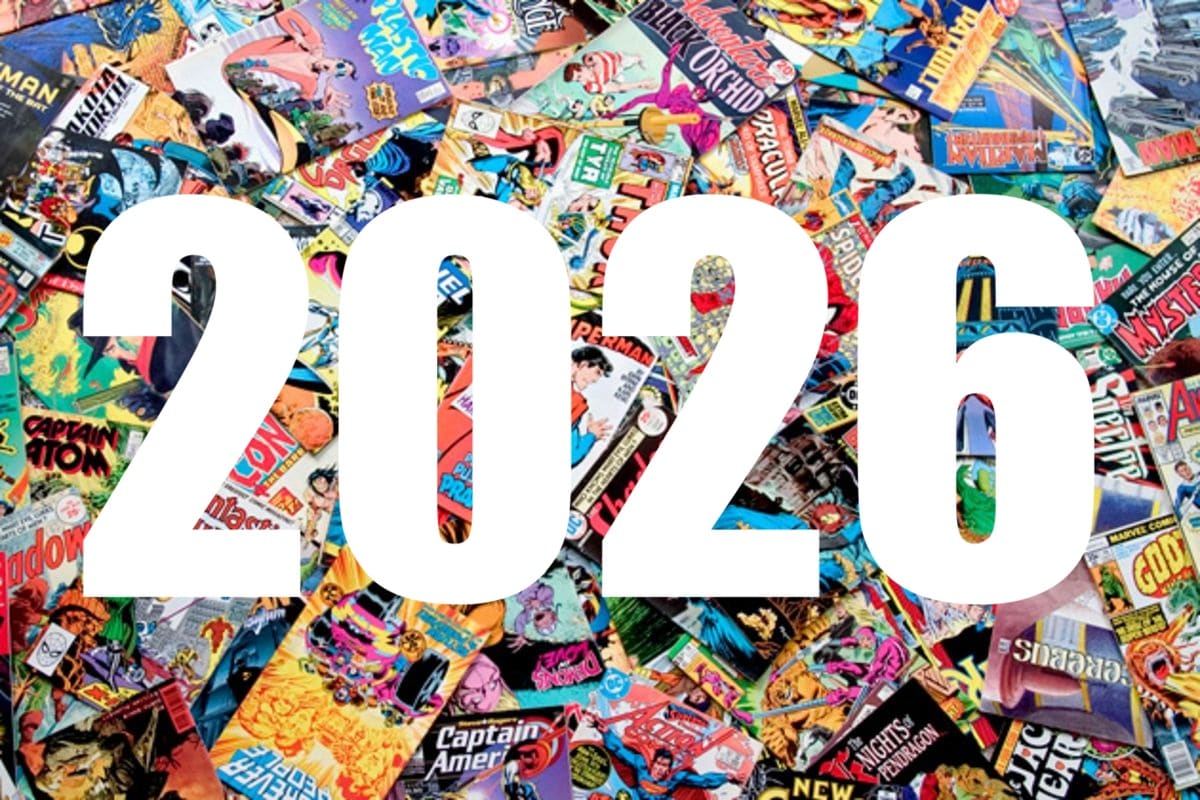In many regards one of the most inexplicable snubs from The Power Fantasy playlist, “99 Luftballons” was a 1983 single by the band NENA. It was inspired by guitarist Carlo Karges attending a Rolling Stones concert in West Berlin and witnessing a bunch of balloons hover in the air. He then wondered what would happen if the balloons floated over the Berlin Wall. From there, one of the great cross-national hit singles was born. The song goes thusly:
Have you got some time for me?
Then let me sing a song for you
About 99 balloons
On their way to the horizon.
Perhaps you’re thinking about me right now.
Then let me sing a song for you
About 99 balloons
And how one thing leads to another…

The intro to the song is rather slow, much like the background growl of instruments that leads into the main portion of the song’s poppier beat. There’s a sense of foreboding unease to how lead singer Nena performs the song, a melancholy that can’t quite be named. We do not know the full extent of what this colorful spectacle will unleash upon the world, but we can already tell that it won’t be anything good.
The music quickly moves into the funkier beat most people remembering the song are more familiar with. In particular, the synthesizer work by Uwe Fahrenkrog-Petersen, the clanging of the drums by Rolf Brendel, and the undertones from bass player Jürgen Dehmel provide a mechanical beat to the whole affair, as if these events are preordained to occur in all their grandeur and monstrosity. Lock step into armageddon.
99 balloons
On their way to the horizon,
Which people thought were UFOs from space.
That’s why a general sent
A fighter squadron after them
To raise the alarm just in case they were.
There they were on the horizon,
Just 99 balloons.
In many regards, a bleak assessment of the United States’ military as seeing first contact with an alien race as inherently hostile. But nevertheless quite accurate, especially with the implications of the Cold War looming in the background. Of course, as one might note from the section above, there is no indication that the general is of the United States background. After all, the impetus for the song was imagining the balloons going over the Berlin Wall into East Berlin, which at the time was under Soviet control. It might be possible to read this as a Soviet response to alien contact.
This becomes impossible to do with the following section.
99 fighter jet pilots,
Each one of them a great warrior,
Reckoned they were Captain Kirk.
There was a great fireworks display
The neighbors didn’t get it at all
And suddenly felt under attack.
So they shot at the horizon
At the 99 balloons!
Here, we see an invocation of one of the great works of military science fiction, Star Trek. In the show, the aforementioned Captain Kirk was the maverick pilot of the USS Enterprise, exploring strange new worlds and seeking out new possibilities. Being military science fiction of the 1960s, it was more interested in the Cold War politics of the era, metaphorizing it with a conflict with the alien Klingon Empire, notable for looking like a bunch of white guys in brownface and Fu Manchu eyebrows. Frequently, the show would tell stories of Captain Kirk discovering Klingon actions that must be circumvented to retain Federation dominance over the galaxy. One episode in particular, “A Private Little War,” had Kirk and the gang provide weapons in a proxy war with the Klingons. Kirk justifies this by saying:
“Bones, do you remember the 20th century brush wars on the Asian continent? Two giant powers involved, much like the Klingons and ourselves. Neither side felt they could pull out. … What would you have suggested, that one side arm its friends with an overpowering weapon? Mankind would never have lived to travel space if they had. No. The only solution is what happened back then. Balance of power.”

While probably looking at Kirk more from the pop culture idea of him than the specific realities of Star Trek, the implications of the invocation with him as the hero soldier who fights those alien forces who oppose him has a lot of weight and impact.
Of course, as with many of the brazen actions of the American military, this overreaction was seen by the Russians as a declaration of war. This will not end well for anyone, making the return of the funky instrumental interlude all the more poppy and unsettling. The mechanical march of war becomes all the more inevitable.
Notable here is the lingering specter of Karges’ guitar. Unlike many songs of the era, the guitar remains more subdued. By contrast, the 2000 cover of the English version (more on that in a bit) by Goldfinger emphasizes the guitars exponentially, removing the unsettling nature of the song and instead making it sound like any other late ’90s/early 2000s rock song that would appear in some piece of crap movie like, I don’t know, EuroTrip. The sudden turn to German only makes it worse, acting more to obfuscate meaning than reveal.
Other covers include 7 Seconds (whose use of guitar is better, but remains generically punk), Angry Salad (still generically ’90s, but not as offensive as Goldfinger), Southern Gypsey Queen (a poppier version of the song that basically shows what happens when you push the adaptation into English even further), Owl City (so hipster, it couldn’t include the instrumentals), Tim Cavanagh (one of the great shitposts of the late ’90s), Kylie Minogue (honestly, should’ve hued closer to her performance of Who Were We?), and H Jon Benjamin (as with Bob’s Burgers, the charm lies in the attempt despite clearly being unable to pull it off).

99 Ministers of War–
Matchstick and petrol cans–
Thought they were smart people.
Sensed a big prize,
Called for war, and wanted power.
Man, who would’ve thought
That it could come to this
Because of 99 balloons?
Because of 99 balloons!
99 balloons!
The bleakness of the song, in many regards, is akin to a song that is included in The Power Fantasy playlist: “Enola Gay” by Orchestral Maneuvers in the Dark. Both are songs about atomic power written in the pop stylings of the early 1980s. “Enola Gay” is written as an ironic love song for its intended subject, the bomber plane that dropped the atomic bomb onto Hiroshima. (Orchestral Maneuvers in the Dark would later create a more straightforward love song to a World War II era bomber with “Liberator”) There was some resistance to the song due to the borning people who hate everything reading it as a gay anthem. Because the word “Gay” is in the title.
Why this was included and not “99 Luftballons” is unclear. There is, perhaps egotistically, the case to be made that the inclusion of “Enola Gay” is based in an article written by yours truly about the relationship between the bomb and Superman and that including “99 Luftballons” would have been redundant. Equally, there’s the case to be made with the commonality among all the songs on the list: They’re in English, whereas “99 Luftballons” is in German. Certainly, one can see this distinction within The Power Fantasy itself, wherein everyone is speaking English, regardless of where in the world they are. (Though this is a notable failing of genre fiction, fantasy being especially guilty of this with its use of “Common.”)
There is an English version of the song, called “99 Red Balloons,” which softens the lyrics. The section above goes thusly:
99 Decision Street
Ninety-nine ministers meet
To worry, worry, super-scurry
Call the troops out in a hurry
This is what we’ve waited for
This is it, boys, this is war
The president is on the line
As ninety-nine red balloons go by
While still capturing the gung-ho nature of the American bloodlust, there’s a lack of implication to the war pigs that would profit off nuclear holocaust. Indeed, the initial references to genre fiction have been excised completely from the English version of the song (though later lyrics in this version would include nods to Captain Kirk and, intriguingly, superheroes, though sadly not in ways that meaningfully cut in the way of the German version’s invocation of Kirk), keeping the red balloons to something vague and unknown.
Furthermore, the Cold War nature of the song is completely excised. Sure, the song retains the bleak outcome of its original German counterpart, but it elides the implications of the red balloons hovering over the Berlin Wall with American fighter jets racing to meet them. Indeed, the song instead opts to emphasize the undercurrent of romance, opening with the lyric “You and I in a little toy shop/Buy a bag of balloons with the money we’ve got” instead of the unsettling hindsight provided by the German lyrics.
In fact, the way the song’s English opening plays out, the implication is that the singer and her lover are responsible for the events that follow rather than the ambiguity of German’s origin for the balloons. While still retaining the catchy beat that made the song an overseas hit, the choice to emphasize romance over discomfort deflates, and indeed defangs the song in key ways. It makes it easier to consume rather than engage with. It lacks materiality and weight.
99 years of war
Leave no room for winners.
There aren’t any more War Ministers
And no more fighter jet pilots.
Today, I walk around,
See the world lying in ruins.
I found a balloon,
Think of you and let it fly away…
Returning to the German version, the music once again slows down to the intro’s bleak promise. The war caused by stupidity, greed and paranoia has ended with the bleakness one would expect of nuclear holocaust: Everyone’s dead.
In many regards, the red balloons were a distraction — a red herring, if you will. The truth of the matter is, what was important, what was ignored all this time, is the little people, made of glass in a world of giants who see themselves as Captain Kirk or, god forbid, superheroes. Figures of power crushing the world with their own moral failings, who see opportunities for more wealth and power and take it.
In the Star Trek episode “A Private Little War,” Bones protests Kirk’s plan of providing a balance of power, noting, “Jim, you’re condemning this whole planet to a war that may never end. It could go on for year after year, massacre after massacre.” As to be expected from military science fiction of the early ’60s, Bones doesn’t have a coherent alternative to this “Balance of Power.” Indeed, Kirk’s response to this claim is, “Well, war isn’t a good life, but it’s life.”
Star Trek, meanwhile, reveals the truth of the matter, the inevitability of such actions. In the DC Fontana penned Star Trek: The Next Generation script “Too Short a Season,” released five years after “99 Luftballons,” Captain Picard is tasked with accompanying an aged admiral to a planet being held hostage. Said admiral, Jameson, had previously been to the planet and found it in the midst of a war and decided to arm both sides to keep the balance of power. In many regards, Jameson is a man very much like Kirk: a man of action who views diplomacy as a secondary option when going in guns blazing is the right call.

Being a more utopian engagement with the military science fiction genre (challenging this as early as the first episode via having Star Trek placed in a legacy of militarism and imperialism going from Christopher Columbus to Oliver North), The Next Generation is more critical of this blend of Captain Kirk. His actions led to that alien world being engulfed in a brutal war, killing thousands of people. The hostage crisis is the survivors wanting justice from the man who destroyed them. To see what his solution has wrought. Sure, people survived, but it’s hard to call it a life.
Star Trek, being what it is even in the first season of The Next Generation, would ultimately find itself returning to the imperialism and militarism of Kirk’s day. Instead of traveling the stars and seeing the red balloons for what they are, we find ourselves fighting the same monsters from 20 years back. Be it the once interesting Borg or the interminably dull Dominion or some Mirror Universe bullshit. The 20th century, for all its potential, remains infertile ground.
The Power Fantasy, in some regards, is an attempt at finding some last fertile ground within that barren landscape mitigated by nostalgia-driven frackers. Sadly, the approach it takes, while to some degree holistic, remains facile. Like an English version of music critical of America, it sands away all the rough edges in favor of more romantic sounding words.
“99 Luftballons” sees a bleaker future where the bastards responsible are dead. (Intentionally or not, this calls back to the 1970s Black Sabbath song “War Pigs,” about the greed and self-destructive cruelty inherent in militarism.) The survivors, what few there are, can only wander in the ruins of the past with nostalgia for what was. Those pretty red balloons. And those who once held them…
Sean Dillon is a writer/editor for numerous publications, including PanelxPanel, Comic Book Herald, and Arcbeatle Press. He is the author of two books.





